L-Theanine 99%: 100g-1kg – Focus, Calming (Non-EU Countries)
$21.92 – $66.97
The most common use of the amino acid today is as a dietary supplement to support restful sleep, lower blood pressure, promote calmness and relaxation, and to enhance focus and concentration.
Note, enzymatic cultured L-theanine is currently not available for EU customers. Enzymatically fermented cultured and chemically synthesized L-theanine are the most commonly variants of L-theanine in North America and Asia today, so much of the L-theanine consumed in EU will be of this type. However, it is yet not approved within the EU, so we have discontinued sales for customers in the European Union. h
We will bring out L-theanine extracted from tea leaves soon for customers within the EU.
Function
People use premium l-theanine 99% for a variety of reasons.
- Stress Reduction and Anxiety Management. L-Theanine is recognized for its ability to induce relaxation without causing drowsiness. It is often used to help ease stress, to relax, unwind, and appears to be especially effective for people with anxiety. Various studies have shown that it can decrease anxiety symptoms and reduce the levels of the stress hormone cortisol levels. Likewise it promotes the production of calming neurotransmitters that modulates brain waves, such as GABA.
- Improved Sleep Quality. The calming effects of L-Theanine extend to its positive impact on sleep. It may help individuals fall asleep more easily, improve sleep quality, and contribute to a more restful night’s sleep. The amino acid may promote relaxation and sleep by increasing GABA levels in the brain. GABA is an inhibitory neurotransmitter that promotes calmness and sleepiness. Research supports that theanine could be beneficial for a good night’s sleep as it greatly improved sleep at dose ranging from 250 mg to 400 mg.
- Learning and Cognitive Function. Several studies have shown that L-theanine can enhance attention, processing speed, working memory, and focus without the jitteriness associated with stimulants. Additionally, it may enhance creativity and problem-solving skills. One study found that small amounts of theanine and caffeine (100 mg, 50 mg) helped teenagers to focus on demanding tasks.
- Neuroprotective. Theanine has protective effect on neurons and may inhibit neuron death from transient cerebral ischemia. The death of nerve cells is closely related to the excitatory neurotransmitter glutamate. The cell death occurs when glutamate levels are too high, which is often caused by Alzheimer’s disease.
- Mood Regulation. By influencing neurotransmitters like serotonin and dopamine, L-theanine may contribute to mood regulation. It has been investigated for its potential in alleviating symptoms of depression and supporting a positive emotional state.
- Improved Immune System. Preliminary studies suggest that L-Theanine may enhance the immune system’s response to infections, potentially boosting overall immune function. Some research indicate the compound can decrease the incidence of upper respiratory tract infections and help to reduce inflammation in the intestinal tract.
- Stabilized Blood Pressure. Some studies suggest that L-Theanine may have a mild blood pressure-lowering effect, promoting cardiovascular health. It helps counteract the stimulatory effects of caffeine, often found in tea, resulting in a more balanced impact on blood pressure.
- Anti-Inflammatory Effects. Research has explored the anti-inflammatory potential of L-Theanine. By modulating inflammatory pathways, it may offer benefits in managing inflammatory conditions and promoting overall immune system health.
- Weight Management. L-Theanine has been studied in the context of weight management. It may support weight loss efforts by reducing stress-related eating and promoting a sense of calm, preventing emotional overeating.
- Attention Deficit Hyperactivity Disorder (ADHD). Some studies suggest that L-Theanine may be beneficial for individuals with ADHD. It can have a calming effect without causing sedation, potentially helping manage symptoms associated with attention disorders.
- Anticancer. The supplement may reduce the occurence of some tumors and affect anticancer drugs. One study found that women diagnosed with ovarian cancer that drank one or more cups of green tea a day lived longer than those that did not. The mechanism may be that inhibit the invasion of cancer cells, which is the necessary way for cancer cell proliferation. It also appears to reduce side-effects of some antitumor drugs by regulating the level of lipid peroxidation, reducing the decrease of white blood cells, and bone marrow cells.
- Antioxidant Properties. L-Theanine exhibits antioxidant activity, protecting cells from oxidative stress. This can contribute to overall health and may play a role in preventing chronic diseases associated with oxidative damage.
Suggested use
The suggested daily dose of L-theanine is 400 mg to 1,600 mg daily, which corresponds to 1-4 scoops.
Ingredients
Premium L-Theanine 99%. Produced using enzymatic fermentation of bacteria cultures.
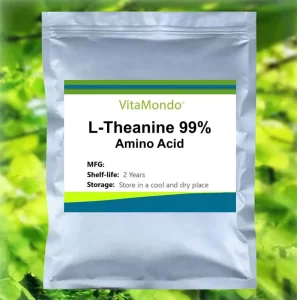
Suggestions
A few products with certain similarities are Ashwagandha Capsules, Griffonia Seed, St John’s, GABA, Myo Inositol, L-Theanine, L-Histidine, Moringa Seed, Ashwagandha Extract, Boswellia, Saffron Threads, and Rhodiola.
Disclaimer
The various effects are not guaranteed and results may vary due to several factors between different people.
We strive to ensure the accuracy of the information provided by the manufacturers and recommend that you read all labels and warnings. However, the information is not a substitute for, nor does it replace, professional medical advice, diagnosis, or treatment.
| Quantity: | 100g (3.5oz), 200g (7.1oz), 500g (17.6oz), 1000g (35.3oz) |
|---|
Be the first to review “L-Theanine 99%: 100g-1kg – Focus, Calming (Non-EU Countries)” Cancel reply
You must be logged in to post a review.
Shipping
We are proud to offer international shipping services that currently operate in over 100 countries and islands worldwide.
How do you ship packages?
Packages are shipped by various shippers on the weight and size of the product For more information, see our Shipping & Delivery link at the bottom of any page.
Do you ship worldwide?
Yes. We provide free shipping to over 100+ countries around the world. However, there are some locations we are unable to ship to. If you happen to be located in one of those countries we will contact you.
What about customs?
We are not responsible for any custom fees once the items have shipped. By purchasing our products, you consent that one or more packages may be shipped to you and may get custom fees when they arrive to your country. However, please note that we charge the VAT now for a number of countries in advance, which means you do not need to pay this when the parcel arrive.
How long does shipping take?
Shipping time varies by location. These are our estimates:
| Location | *Estimated Shipping Time |
| United States | 7-28 Business days |
| Canada, Europe | 7-28 Business days |
| Australia, New Zealand | 7-28 Business days |
| Central & South America | 12-35 Business days |
| Asia | 12-35 Business days |
| Africa | 12-40 Business days |
*This doesn’t include our 2-5 day processing time.
Do you provide tracking information?
Yes, you will receive an email once your order ships that contains your tracking information. If you haven’t received tracking info within 5 days, please contact us.
My tracking says “no information available at the moment”.
For some shipping companies, it takes 2-5 business days for the tracking information to update on the system. If your order was placed more than 5 business days ago and there is still no information on your tracking number, please contact us.
Will my items be sent in one package?
For logistical reasons, items in the same purchase will sometimes be sent in separate packages, even if you’ve specified combined shipping.
If you have any other questions, please contact us and we will do our best to help you out.
RETURNS
Order cancellation
All orders can be cancelled until they are shipped. If your order has been paid and you need to make a change or cancel an order, you must contact us within 12 hours. Once the packaging and shipping process has started, it can no longer be cancelled.
Refunds
Your satisfaction is our #1 priority. Therefore, you can request a refund or reshipment for ordered products if:
- If you did not receive the product within the guaranteed time( 45 days not including 2-5 day processing) you can request a refund or a reshipment.
- If you received the wrong item you can request a refund or a reshipment.
- If you do not want the product you’ve received you may request a refund but you must return the item at your expense and the item must be unused.
We do not issue the refund if:
- Your order did not arrive due to factors within your control (i.e. providing the wrong shipping address)
- Your order did not arrive due to exceptional circumstances outside the control of VitaMondo (i.e. not cleared by customs, delayed by a natural disaster).
- Other exceptional circumstances outside the control of
*You can submit refund requests within 15 days after the guaranteed period for delivery (45 days) has expired. You can do it by sending a message on Contact Us page
If you are approved for a refund, then your refund will be processed, and a credit will automatically be applied to your credit card or original method of payment, within 14 days.
Exchanges
If for any reason you would like to exchange your product, perhaps for a different size in clothing. You must contact us first and we will guide you through the steps.
Please do not send your purchase back to us unless we authorise you to do so.
Related products
Bacopa Monnieri
Brain & Memory
Heart & Circulatory System
Organic Nattokinase 20000 FU: 400 mg * 100 Caps – Enteric-Coated *Sale*
Brain & Memory
Brain & Memory
Joints & Bones
Beauty & Hair
Heart & Circulatory System

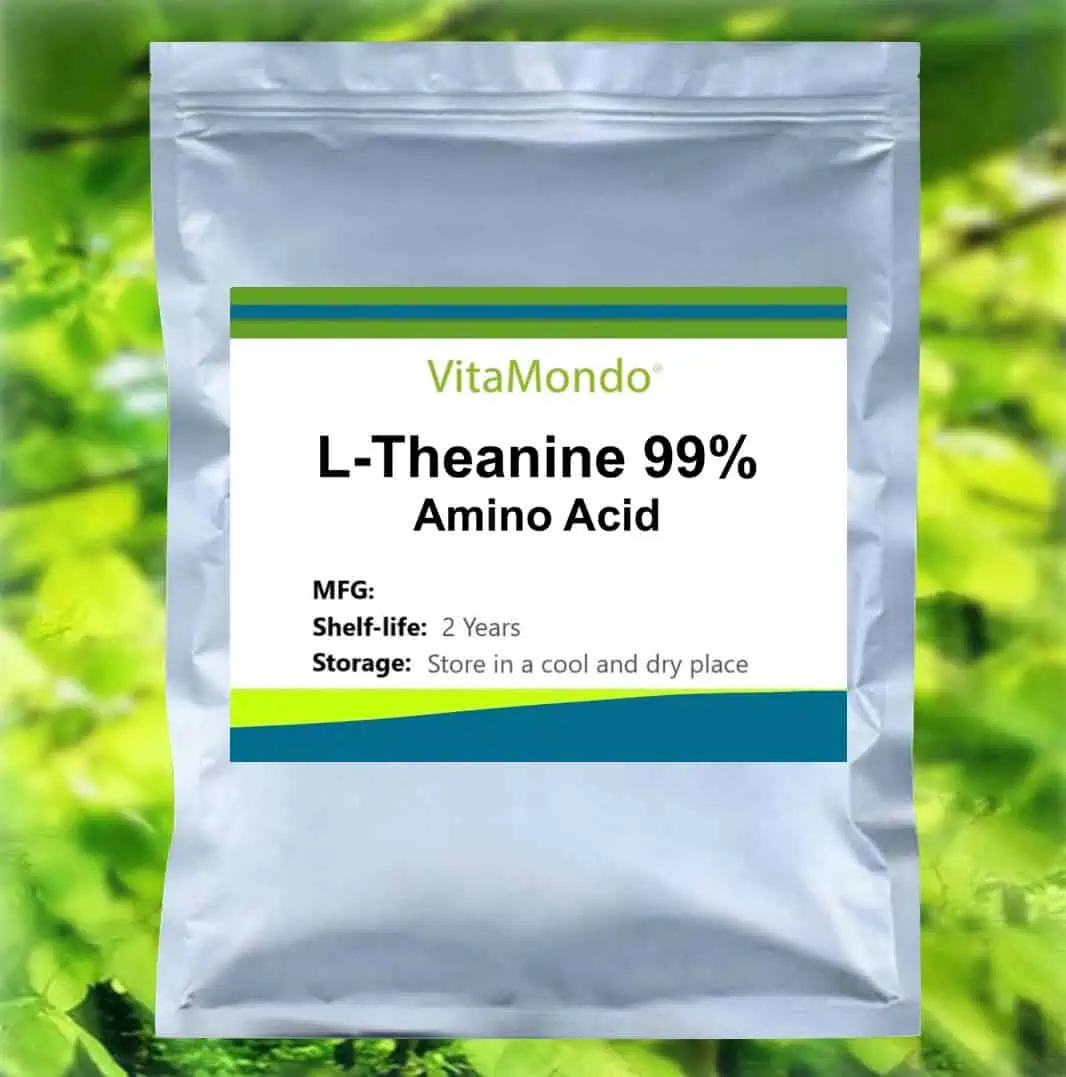
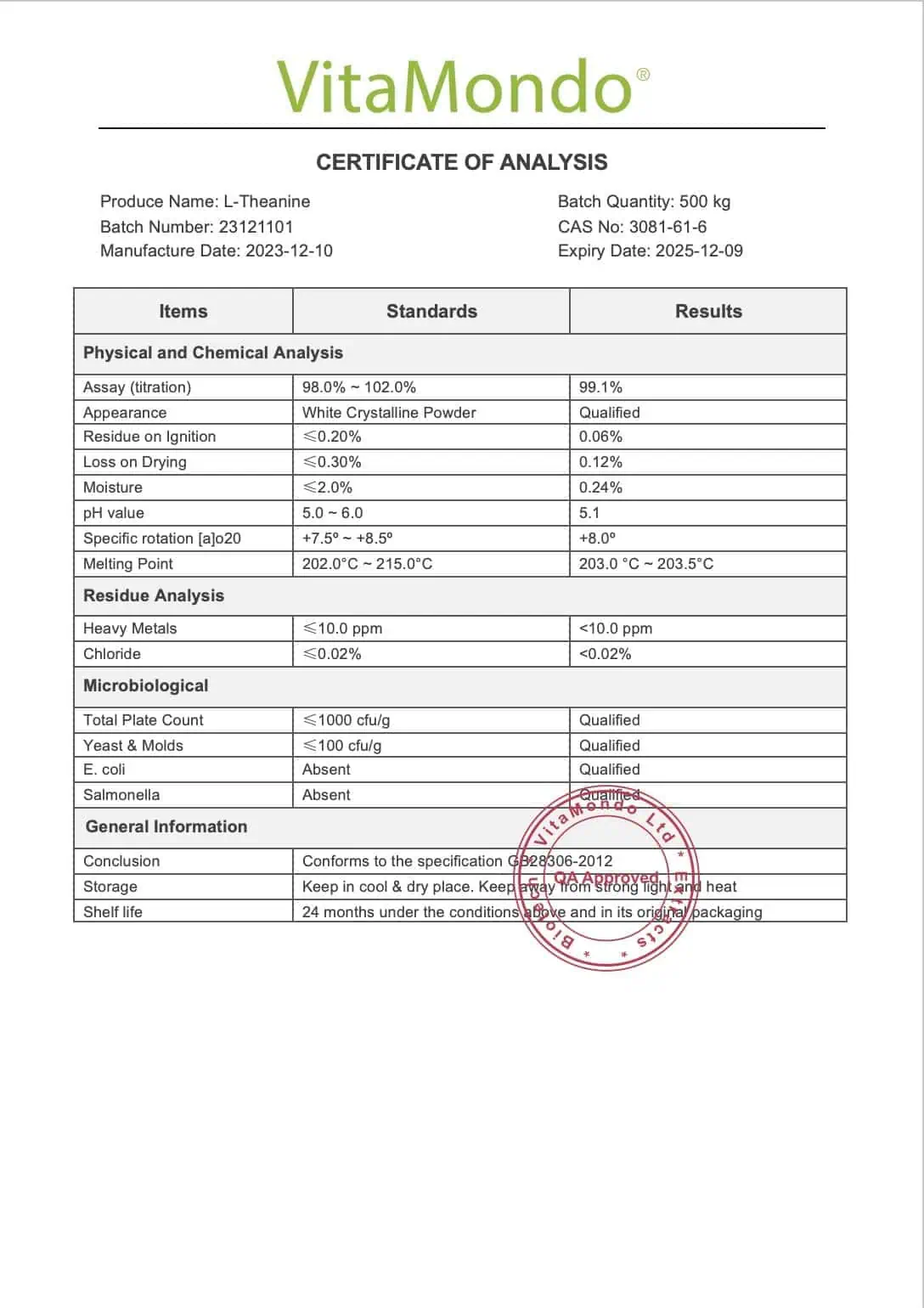
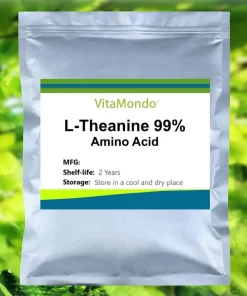
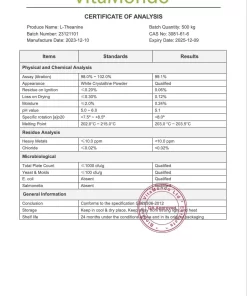
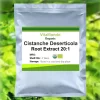
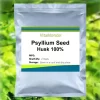
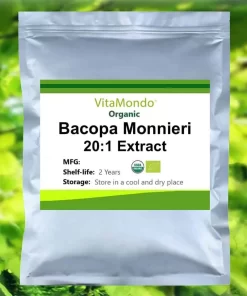
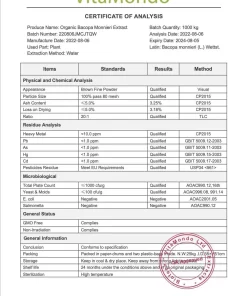
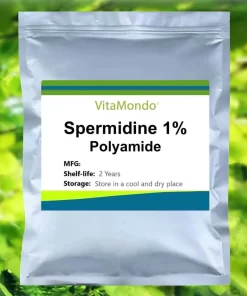
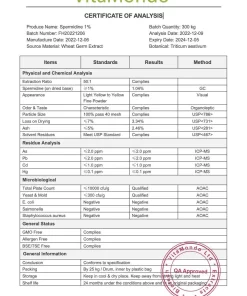
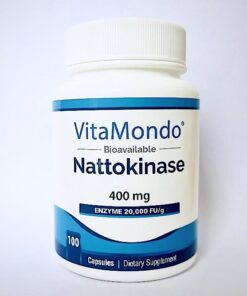
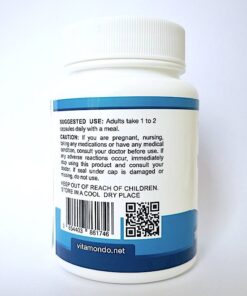
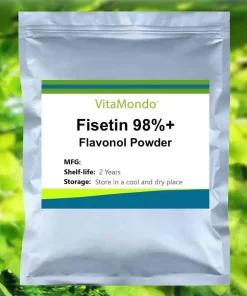

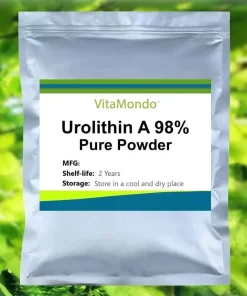
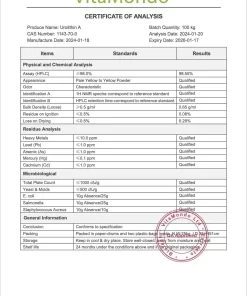
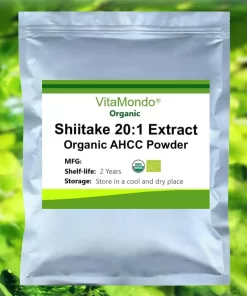
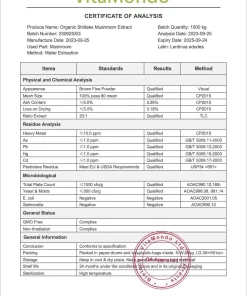
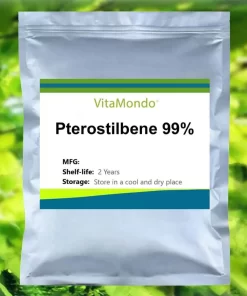
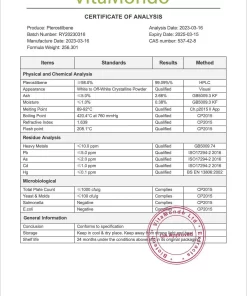
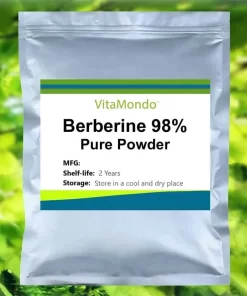

Reviews
There are no reviews yet.